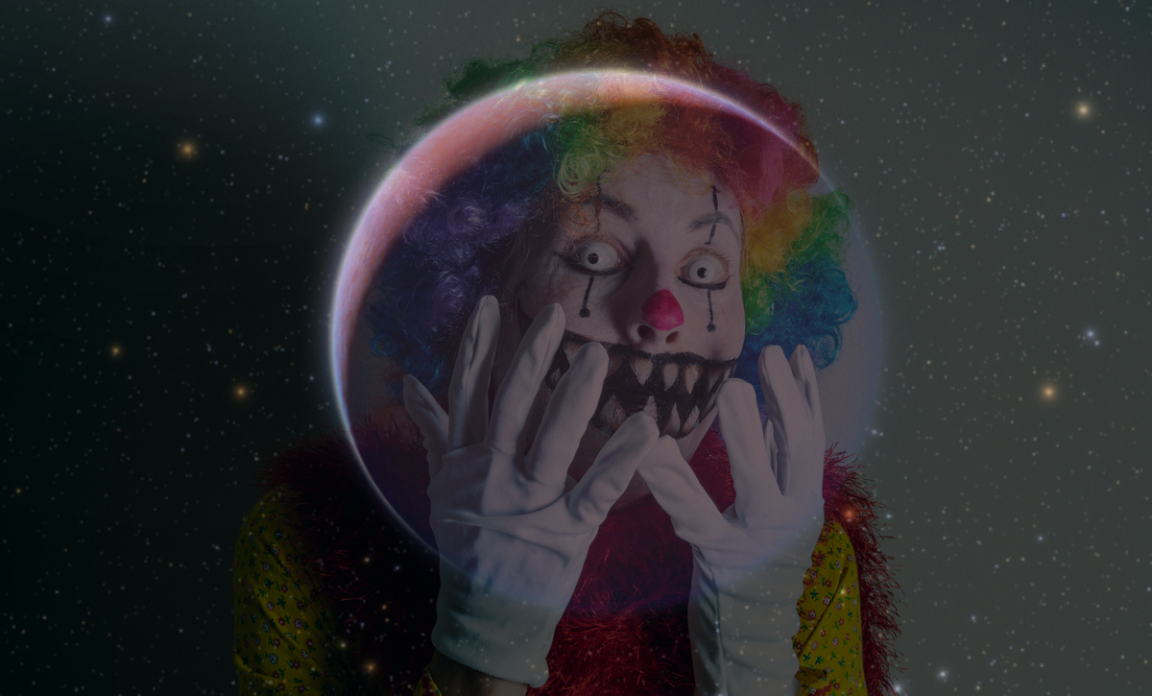
Cotton Feeder
An exoplanet way bigger than Jupiter — but with a minuscule fraction of Earth’s density — has just been discovered.
In a new not-yet-peer-reviewed paper, a consortium of planetary scientists based on three continents describe the newly-discovered world — located about 1,200 light years away and dubbed “WASP-193b” after the star it orbits — as an “extremely low-density super-Neptune.”
While roughly 50 times the size of Neptune, this exoplanet is only about one percent the density of Earth. As ScienceAlert notes, those properties make WASP-193b the latest candidate for a rare class of cloud-like planets that are so low-density, they’re often described as being fluffy like cotton candy.
In more specific numerical terms, the site pointed out that WASP-193b has a density of 0.059 grams per cubic centimeter while cotton candy weighs in at about 0.05 grams per cubic centimeter. It might not be made of spun sugar, but these bad boys definitely seem to have some fluff to them. Let’s just hope any inhabitants aren’t clowns.
The Right Puff
When astronomers first started studying these exoplanets, they were surprised to learn that not only were they incredibly low density, but also that they didn’t seem to carry any chemical signatures that would indicate that they contained any water.
“This was completely unexpected,” Jessica Libby-Roberts, a University of Colorado researcher who worked on the initial taxonomy of these “super-puff” planets, said in a NASA press release back in 2019. “We had planned on observing large water absorption features, but they just weren’t there. We were clouded out!”
The prevailing theory about how and why these super-puffs form suggests that many are relatively young and their puffy clouds are sort of planetary building blocks — a theory that WASP-193b complicates, though, because it’s believed to be up to six billion years old.
There’s obviously a lot more research to be done to figure out not only what’s going on with WASP-193b — but once again, it shows that the universe is stranger than we could ever imagine.
More on exoplanets: Trillions of “Rogue Planets” Are Wandering Through Our Galaxy, Scientists Say